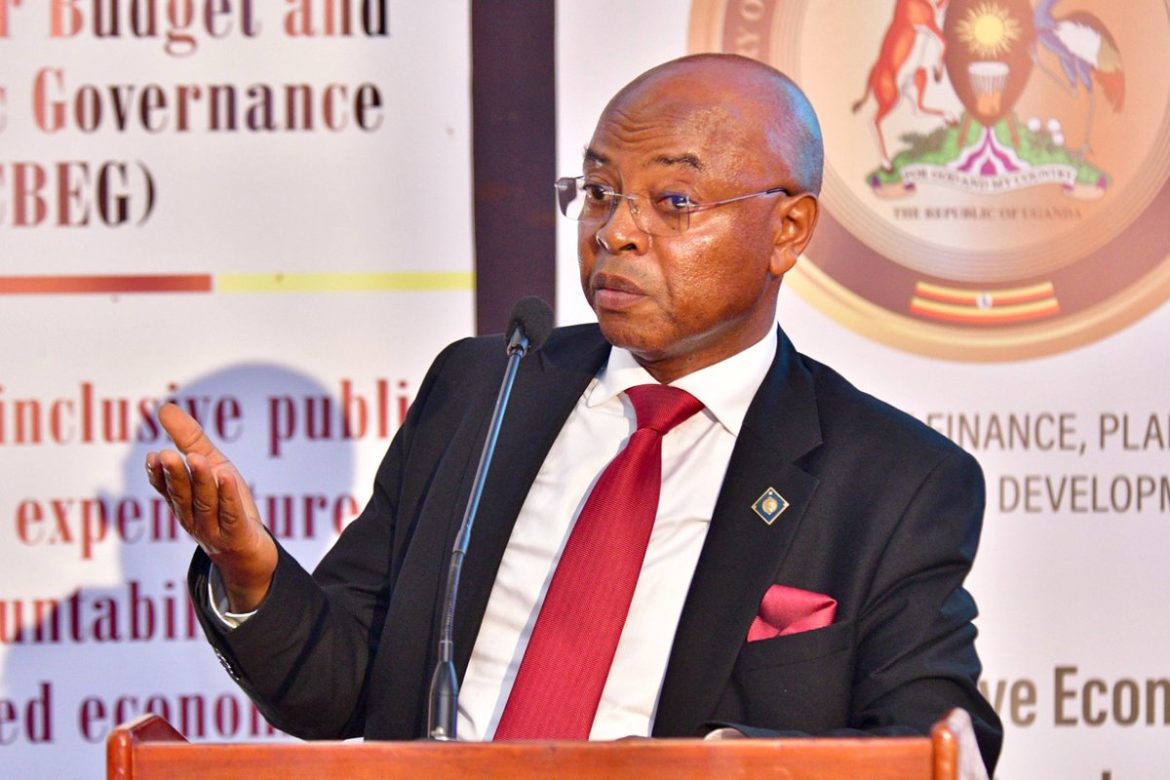By Business Times Writer |
Financial institutions have been called upon to expand financial inclusion by reaching communities traditionally overlooked by the commercial banking sector.
The appeal was made during celebrations to mark 30 years of Opportunity Bank Uganda at Mestil Hotel in Kampala.
Prof. Augustus Nuwagaba, Deputy Governor of the Bank of Uganda, praised Opportunity Bank for its leadership in inclusive finance and for bridging the gap between formal banking and underserved populations.
“Unlike in the past when commercial banks operated detached from the local population, I am glad to see some banks now deliberately reaching out to the formerly unbanked,” he said.
He emphasized that inclusive banking must remain a sector-wide priority, ensuring that marginalized communities gain access to affordable and sustainable financial services.
A Model of People-Centered Banking
Over three decades, Opportunity Bank has earned recognition for its people-first approach. It currently supports:
-
19,000 refugees rebuilding their livelihoods
-
21,000 smallholder farmers increasing productivity
-
40,000 persons with disabilities accessing financial empowerment
-
1,510 schools benefiting from financing opportunities
The institution manages UGX 175 billion in deposits and a UGX 165 billion loan portfolio, underscoring both its growth and resilience.
Through partnerships with 10 leading insurers, Opportunity Bank has also integrated bancassurance services, extending affordable insurance coverage to households and small businesses.
Expanding Access Through Digital Transformation
Digital innovation has been central to the bank’s strategy. With 520 agent bankers, a mobile app, and internet banking launched in 2022, clients—especially in rural areas—can now make secure transactions, including instant interbank transfers, without traveling long distances.
Prof. Nuwagaba congratulated the bank for contributing to financial inclusion, SME growth, and social transformation, while urging the wider sector to adopt sustainability-focused strategies. He also encouraged financial institutions to collaborate rather than compete destructively.
“Do not fight each other; Uganda’s financial space is wide enough for all. If every institution focuses on its strengths and serves its clients effectively, the sector will thrive and drive national development,” he advised.
Banking with Purpose
Opportunity Bank CEO, Owen Amanya, highlighted that the bank’s 30-year journey is rooted in community empowerment rather than profit.
“We are not just commemorating three decades of banking—we are celebrating 30 years of changing stories,” Amanya said. “From refugees and women entrepreneurs to schools and persons with disabilities, we exist for those who have heard ‘no’ too many times. Our role is to be their ‘yes’.”
He reaffirmed the bank’s commitment to remain a partner in Uganda’s development journey by providing financial services that inspire respect, partnership, and hope.
For many, Opportunity Bank has been a lifeline. Evans Senabulya, founder and director of Ridgeway Schools, testified:
“At a time when no other bank believed in us, Opportunity Bank stepped in,” he said, crediting the institution for supporting his vision.






